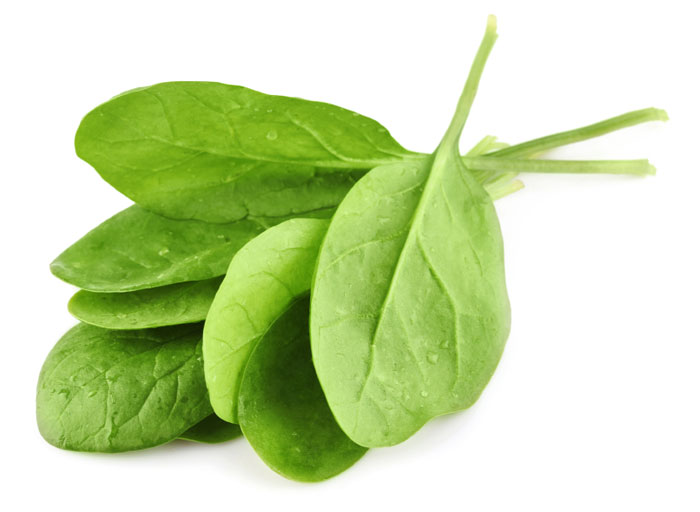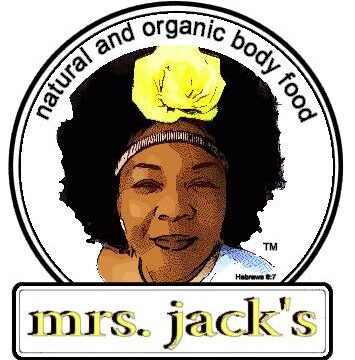Every year or shall I say every season depending on the environment, lifestyle, and diet your immune system changes. It’s like a highway going to different places gathering trinkets or mementos that are definitely not good for you. This is why it is important having a proper diet and exercising but, in today’s world while we are bombarded with 5G, pollution, options after options in becoming sedentary and fast food our immune system is trying to keep up. Taking a quality supplement may be beneficial while optimizing your health. Now, I’ve gotten to my segway I like to start my series Know your Vitamins from A to Zinc.
I know I do this quite a bit but, that’s because I am trying to get you acquainted with the importance of vitamins. I run into a few folks who think vitamins are the best and some think they are too hard to swallow (no pun intended) . Anyway, vitamins are great to have and very helpful to your body chemistry if you know what you are doing. So here’s a quick review on vitamins. Vitamins are separated into two categories based on how they are absorbed and whether or not they are stored in your body. Water-soluble vitamins are those vitamins which dissolve in water upon entering the body. Because of this, your body cannot store excess amounts of water-soluble vitamins for later use. There are a total of nine water-soluble vitamins: the B vitamins — folate, thiamine, riboflavin, niacin, pantothenic acid, biotin, vitamin B6 and vitamin B12 and then there’s the wonderful vitamin C. Next, are your fat soluble vitamins ,which are A, D, K and E, absorb with the help of fat and are stored in fat deposits throughout your body, as well as in your liver. Vitamin A, from dairy, dark leafy greens and eggs, includes a series of carotenoids and phytochemicals that protect your eyes and vision. You need vitamin D for bone health, while vitamin K makes blood clot and aids in wound healing. Fortified milk and breakfast cereals, as well as several types of fish are rich in vitamin D. Spinach, cabbage and other dark leafy greens are loaded with vitamin K. Vitamin E, from whole grains, nuts and vegetable oils, is an antioxidant that protects red blood cells, essential fatty acids and tissues. Additionally, vitamin E protects vitamins A and C so that your system can utilize them before they are destroyed. Now that you have an idea in the differences between water and fat soluble the next post I will go over the break down of the water soluble and their functions. So just remember a Wiser You is a Healthier You….enjoy your vitamins from A to Z

